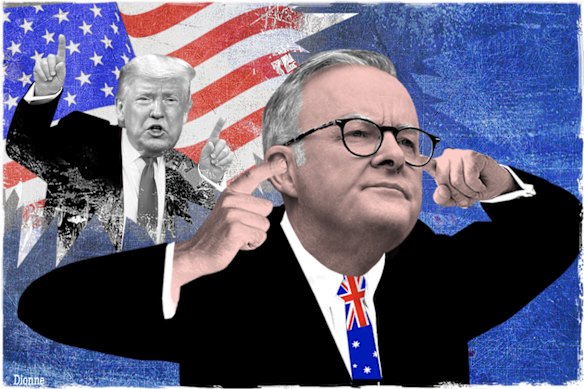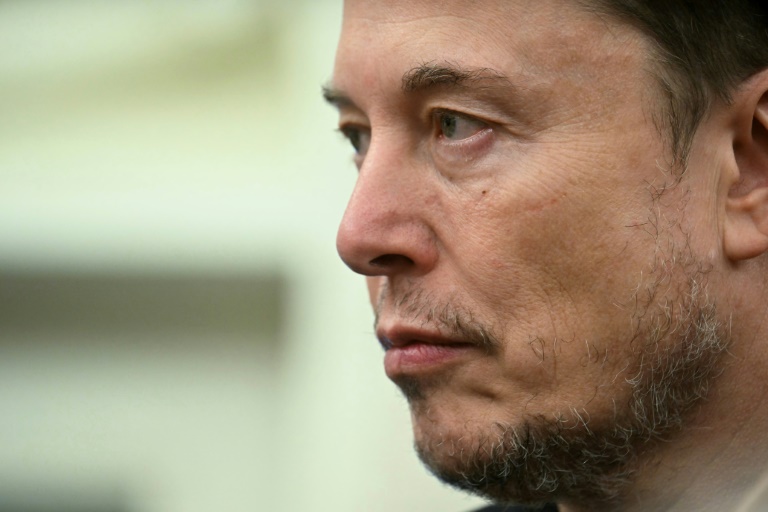
Australia’s Prime Minister, Anthony Albanese, is recalibrating the nation’s foreign policy, moving towards a more independent diplomatic stance as global dynamics shift. This approach comes amid increasing tensions in international relations and significant changes in the United States under Donald Trump’s influence. The Albanese government is opting for a less America-dependent strategy, focusing on balancing its ties with both the United States and China.
The AUKUS agreement, which was primarily established to counter China’s regional ambitions, is now viewed with caution as the Trump administration contemplates its future. Despite maintaining financial commitments to AUKUS, Albanese has been reluctant to fully align with Trump’s demands. This week, he reiterated his support for Trump as a “persistent advocate for peace in the Middle East,” while simultaneously pursuing a more accommodating relationship with China, which is crucial for Australia’s economy.
A notable highlight of this diplomatic shift was Albanese’s outright rejection of calls from Trump’s Defence Secretary, Pete Hegseth, to nearly double Australia’s defence spending to 3.5 percent of GDP. This refusal marks a significant pivot in Albanese’s leadership and indicates a willingness to assert Australia’s interests, even in the face of pressure from the U.S. administration. Reports indicate that this stance has not sat well with American officials, who have begun to express their frustrations through various channels.
New Diplomatic Directions and Regional Implications
Albanese’s government is also considering the recognition of a Palestinian state, a move that stands in stark contrast to the U.S. position, which supports Benjamin Netanyahu’s government. This potential recognition reflects the changing sentiments among the Australian populace regarding international affairs, particularly in light of the humanitarian crises resulting from ongoing conflicts in the region. The situation in Gaza, marked by civilian casualties and widespread devastation, has prompted discussions about Australia’s role and responsibilities in the global arena.
While some U.S. officials, including Marco Rubio, have dismissed Australia’s potential recognition of Palestine as politically motivated, this perspective does not fully account for the broader implications of such a decision. Recognition could serve as a diplomatic lever to encourage Israel towards peace, albeit with uncertain outcomes given the current U.S. support for Israel’s actions.
Amid these developments, the U.S. government has been vocal about its foreign policy shifts, including recent statements from former Vice President JD Vance, who indicated a withdrawal of military support for Ukraine due to domestic dissatisfaction. Such moves highlight a shift towards a more isolationist stance in American foreign policy, which could impact global alliances and Australia’s strategic decisions.
Australia’s Position in a Changing World
Australia’s historical ties with the U.S. and its long-standing support for Israel complicate these new diplomatic directions. However, the Albanese government appears committed to realigning its foreign policy to better reflect the contemporary geopolitical landscape and public sentiment. As the country navigates its position, it must consider the implications of its decisions on international relations and domestic perceptions.
The need for Australia to adapt to these changing global dynamics is more pressing than ever. With a population that is increasingly aware of international issues, the Albanese administration is tasked with balancing long-established alliances while fostering new relationships that align with Australia’s national interests. The unfolding scenario presents both opportunities and risks, and how the government manages this delicate balance will shape Australia’s future role on the world stage.







